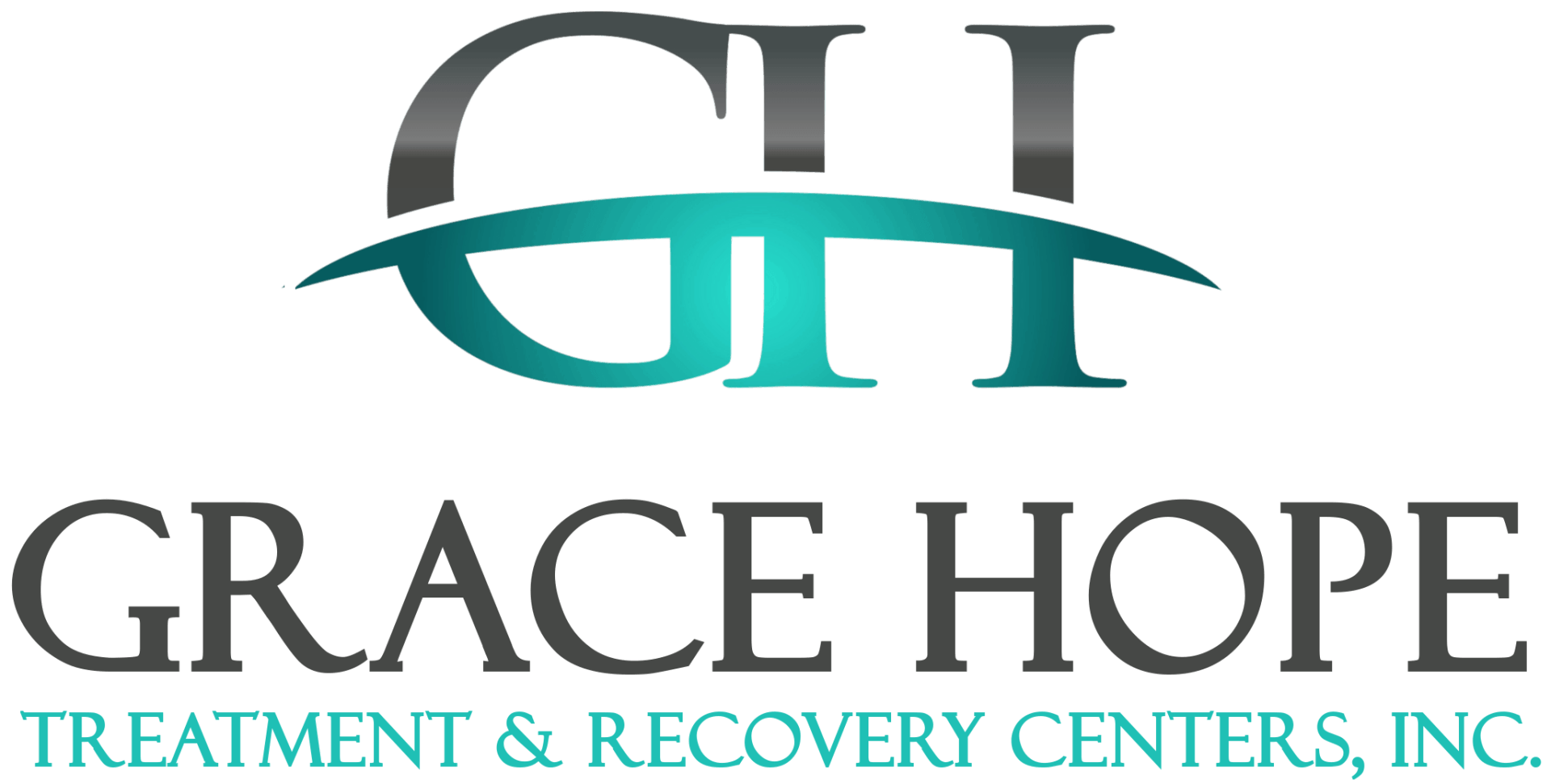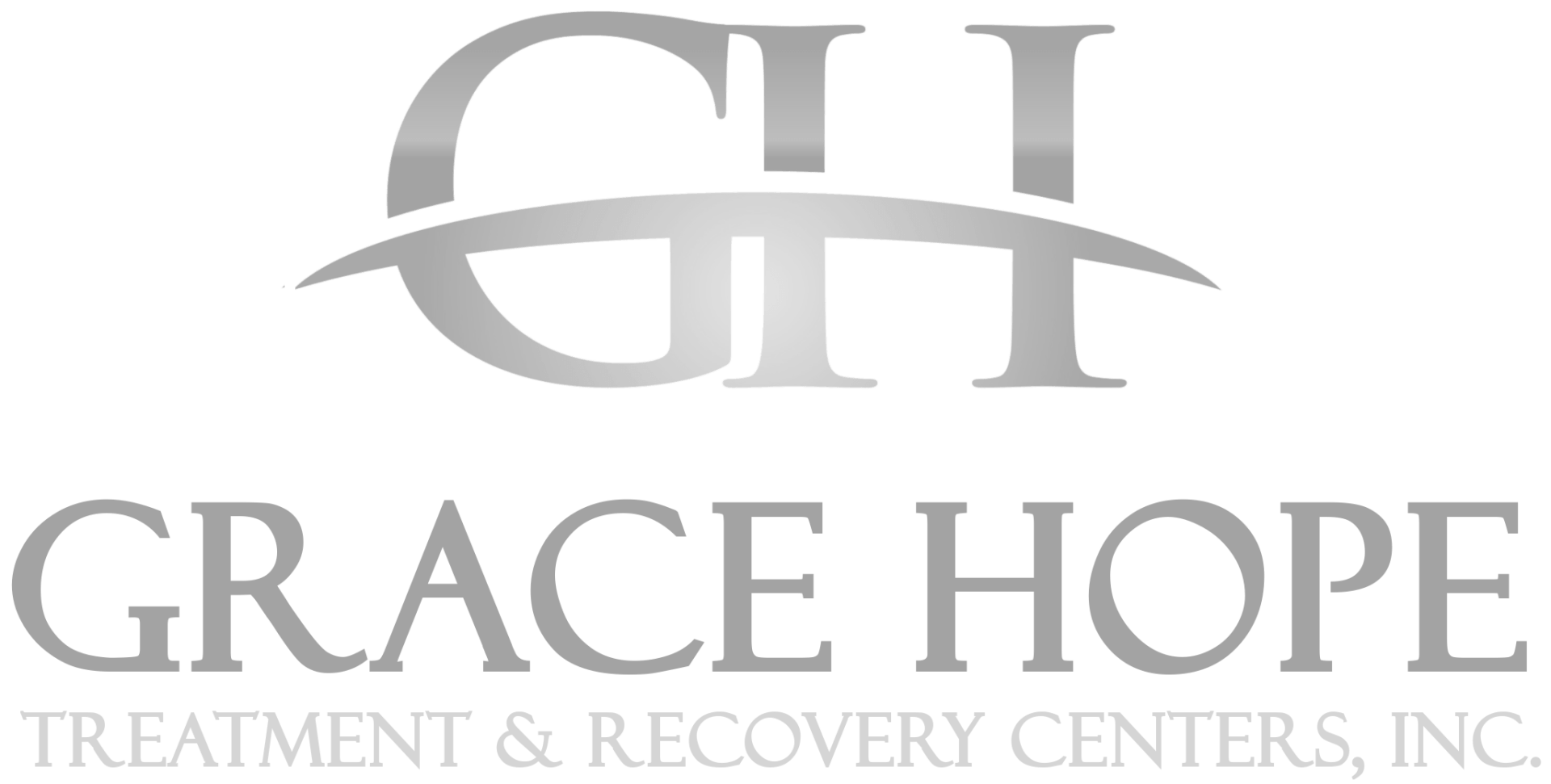Inpatient of Outpatient Treatment for Dual Diagnosis
Many individuals who struggle with a substance use disorder may have a co-occurring mental health disorder. When two disorders coexist, it is referred to as a dual diagnosis. The existence of a dual diagnosis creates a more enhanced, even erratic, overall version of a substance use disorder. This is because the substance abuse exacerbates the symptoms of the mental health issue, and the mental health disorder can lead to increased dependence on a substance to manage the symptoms. This creates a revolving cycle where one disorder augments the effects of the other, which introduces a more complex clinical treatment challenge.
There is no agreement yet in the mental health profession regarding the significance behind the primary disorder, whether it is the substance use disorder or the mental health disorder. The co-occurring disorders can originate either way. For example, someone with depression may rely on alcohol to help mask the emotional pain of the depression. Eventually the alcohol use escalates and becomes the secondary condition, alcohol use disorder. On the other hand, someone with an alcohol addiction may begin to experience the destructive consequences of the disorder, which can result in depression.
Different Dual Diagnosis Combinations
There are certain combinations of co-occurring disorders that are more common. These include:
•
Depression and alcoholism
•
Anxiety and benzodiazepine addiction
•
PTSD and alcohol abuse
•
Anxiety and marijuana abuse
•
Bipolar disorder and alcohol abuse
Treatment of a Dual Diagnosis
When someone presents with a dual diagnosis it is essential that they receive treatment at a rehab that is equipped to specifically treat co-occurring disorders. This specialized expertise is necessary due to the psychiatric episodes that may emerge during the course of treatment. A dual diagnosis rehab will have a psychiatrist on staff that is available to prescribe medications and confer with the addiction specialists throughout the treatment process.
Initially, a thorough psychological evaluation is conducted that will involve an interview, use of psychological assessment tools, and a review of past mental health history. Medications will be reviewed and possibly adjusted according to these findings.
The comprehensive dual diagnosis treatment plan will involve simultaneously treating both diagnoses. Clinical research has discovered that a better long-term recovery outcome is achieved when both disorders are treated at the same time, versus one after the other. An individualized treatment plan will incorporate the best evidence-based approach for a client’s specific dual diagnosis.
Treatment Elements for Dual Diagnosis
The objective for both outpatient and inpatient programming is to provide tools to help the client remain in sustained sobriety while managing the symptoms of the mental health disorder.
Detox and withdrawal. If the substance use disorder is the primary disorder, there is a good chance the client will need to first undergo a residential detox before beginning therapy. Detox involves a period when the body attempts to adjust to the absence of the substance while purging the residual toxins or chemicals related to the substance. This can result in unpleasant or painful withdrawal symptoms for a few days. The detox specialists will provide interventions as needed to help manage the withdrawal symptoms while guiding the client safely into treatment.
Therapy.
Evidence-based psychotherapies are the centerpiece of addiction treatment and mental health treatment. The particular modalities will be selected according to the specific mental health diagnosis. Generally, clients will benefit from behavior-based therapies that guide them toward making lasting changes in negative thought and behavior patterns. Some of these therapies might include:
• Cognitive behavioral therapy (CBT)
• Dialectical behavior therapy (DBT)
• Contingency management (CM)
• Motivational enhancement therapy (MET)
• Solutions-focused therapy
Psychotherapy is provided in both individual format and group sessions. The individual format allows a trust bond to develop with the therapist while underlying psychological issues are examined and processed. Group sessions provide an opportunity for bonding with peers in a discussion format that is facilitated by a clinician.
Medication. In most instances, a psychotropic medication will be prescribed to help manage the symptoms of the mental health condition. These drugs include antidepressants, benzodiazepines, lithium, and others. For the substance use disorder, medication-assisted treatment (MAT) may be utilized for some clients to help minimize withdrawals and reduce cravings. These drugs, such as naltrexone or Suboxone, may be prescribed for the first year of recovery to help increase the sustainability of sobriety while the individual is stabilizing.
Recovery meetings.
Many outpatient and inpatient rehabs incorporated recovery group meetings into the program. These may involve A.A. 12-step program or an alternative such as SMART Recovery. These meetings provide social support during treatment and in recovery moving forward. The philosophies that are at the core of the programs is sometimes also woven into the rehab program.
Education. Learning about how the brain is impacted by the substance of abuse can be enlightening to individuals in treatment. These classes help clients understand how increased tolerance to the effects of the substance of choice leads to escalated consumption, and eventually chemical dependence. Clients are guided toward forming their own personal relapse prevention plan, outlining strategies and identifying triggers. Recovery tools, such as coping skills, relaxation techniques, and conflict resolution skills are also taught.
Holistic therapies.
Holistic therapies can be very therapeutic for individuals with a co-occurring mental health disorder. These activities help regulate emotions, decrease stress, and promote feelings of relaxation. The therapies are useful throughout recovery, not only during rehab. Holistic therapies might include meditation, art therapy, massage therapy, yoga, equine therapy, and acupuncture.
Aftercare.
Someone with a dual diagnosis must be vigilant in recovery and remain engaged in treatment, although at a less intensive level. Once rehab has been completed, continued involvement with outpatient services, such as individual and group therapy, is essential. Therapy provides a source of support during that first challenging year after rehab when relapse risk is highest. Also, continuing on with a recovery community is also a protective factor in recovery. In addition, establishing a healthy lifestyle including regular exercise and a healthy diet is also restorative and promotes overall wellbeing and confidence.
Grace Hope Treatment & Recovery Centers offers a specialized treatment for dual diagnosis for adults affected by psychological disorders that may require a psychologist’s oversight, as well as medication management. Dual Diagnosis or Co-Existing Disorders may encompass every aspect of the patient’s life.
Grace Hope Treatment & Recovery Centers has an extensive and successful history of treating those that are suffering from a Personality Disorder, Anxiety, Depression, Dysfunctional Social Interactive Behavior Patterns, or any number of issues in addition to their addiction. The severity of one’s addiction, coupled with other psychological factors will be assessed and an individualized treatment plan will be developed for that particular patient. Learn more about our highly effective dual diagnosis program.
Call (909) 275-3156 to speak with a counselor about our Dual Diagnosis Treatment program.
Something to Consider
One matter that is extremely important to consider in treatment for Dual Diagnosis is the particular personality of the patient. The presence of or susceptibility to a Personality or Brain Disorder when combined with alcohol and/or drug abuse is known as Dual Diagnosis.
Outpatient or Inpatient Treatment for Dual Diagnosis
The alcohol and/or drug treatment that we employ for patients with a Dual Diagnosis will be slightly different than in the case of solely drug or alcohol abuse treatment.



